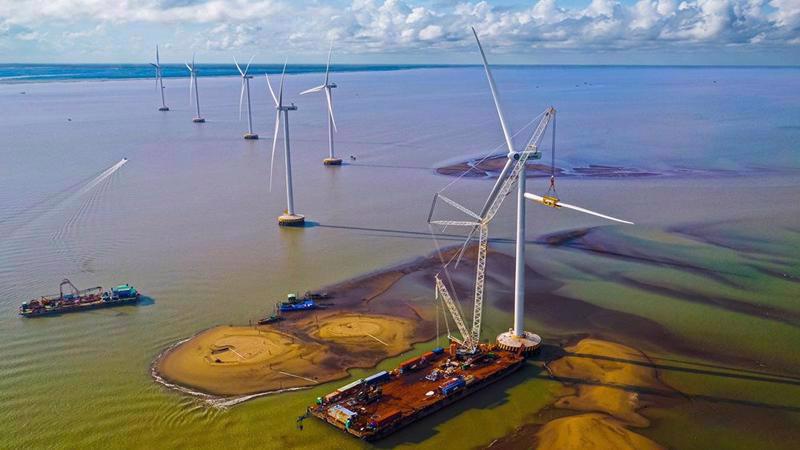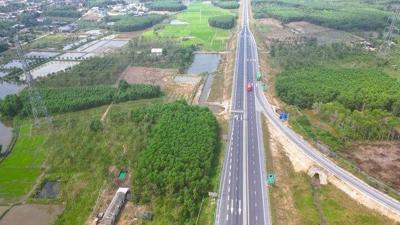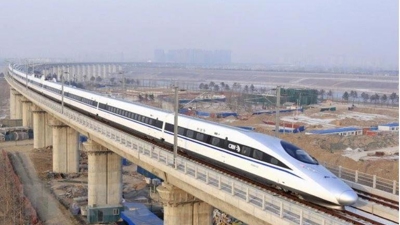Ben Tre province embraces renewable energy future
The Deputy Minister of Industry and Trade assessed Ben Tre’s diverse and abundant potential for developing green energy sources.

With a 65km coastline, the Mekong Delta's Ben Tre province possesses significant potential for developing renewable and new energy projects to boost local socio-economic development, said Chairman of the provincial People’s Committee Tran Ngoc Nam.
Mr. Nam highlighted these points during the scientific conference “New and Renewable Energy – Potential and Investment Resources” on October 2.
“The locality is focusing on developing and simultaneously preparing infrastructure and resources for clean and green energy such as wind power, solar power, biomass, gas, and especially green hydrogen,” he said.
He mentioned that the province’s 11th Party Congress for the term 2020-2025 set a target to build Ben Tre into a moderately developed locality in the Mekong Delta region by 2025, and nationwide by 2030. The overall goal is to expand the development space towards the east with various forms of marine economy.
Speaking at the conference, Deputy Minister of Industry and Trade Phan Thi Thang shared information on Vietnam’s renewable energy and hydrogen development strategy up to 2030 with a vision to 2050.
She emphasized the energy transition’s focus on gradually reducing the proportion of fossil fuels used in power generation and shifting towards new and renewable energy, aligning with the current global development trend.
The Deputy Minister also assessed Ben Tre’s diverse and abundant potential for developing green energy sources such as solar power, wind power, biomass energy, waste-to-energy, green hydrogen, and green ammonia.
“According to the National Power Development Plan WIII and its implementation plan approved by the Prime Minister, Ben Tre province is planned to develop renewable energy sources,” said Ms.Thang.
However, to achieve the targets set in Vietnam’s clean and renewable energy development planning and Ben Tre’s specific plans, the Deputy Minister noted the necessity of several solutions in the coming times. These include creating a favorable and transparent investment environment, publicizing planning and investment project lists, and removing all barriers to attract and encourage private investment in new and renewable energy projects.







